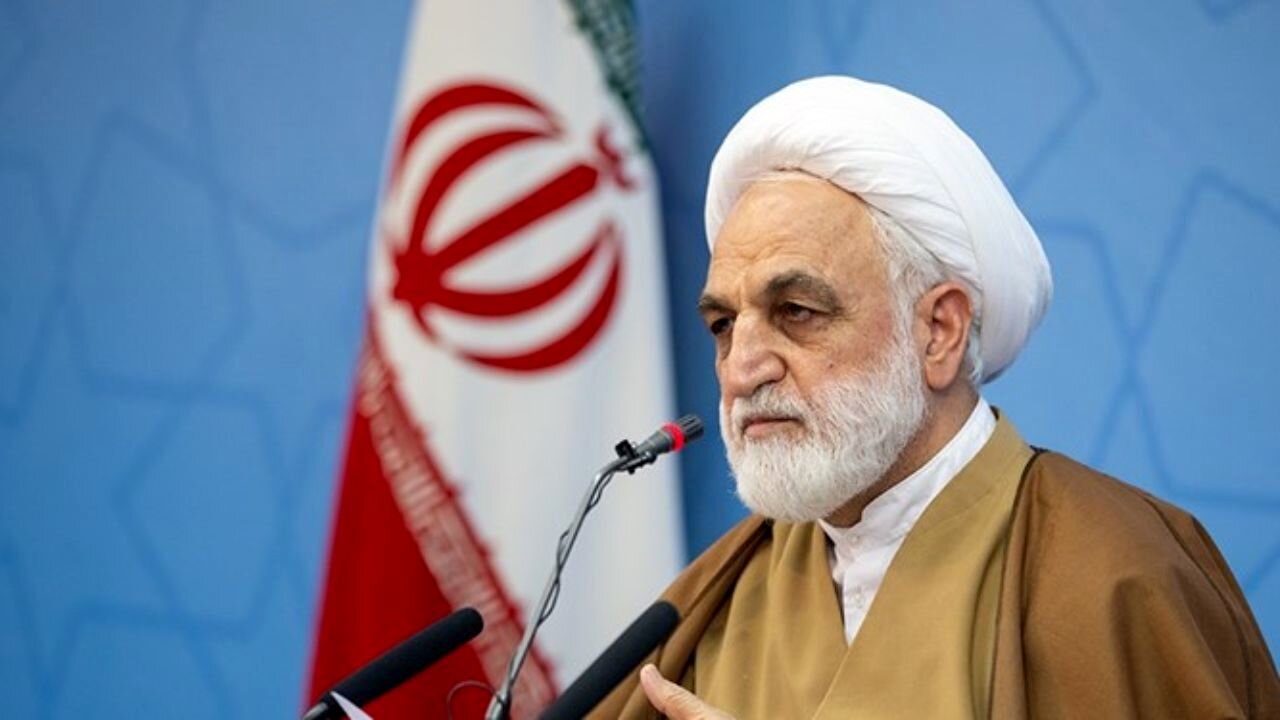Iran’s judiciary chief urges swift action against Zionist collaborators

TEHRAN – Iran's Judiciary Chief Gholamhossein Mohseni-Ejei has called on prosecutors and senior judicial officials to accelerate the handling of cases involving individuals accused of collaborating with the Zionist regime, stressing that such elements undermine the security of the Iranian people.
Speaking at a session of the Supreme Council of the Judiciary on Monday, Mohseni-Ejei congratulated the Muslim community on the arrival of the month of Rabi al-Awwal and the approach of the blessed birth anniversaries of Prophet Muhammad (PBUH) and Imam Ja’far al-Sadiq (AS). He urged Muslims worldwide to make the most of these sacred days to strengthen unity, and emphasized that, inside Iran, reinforcing national cohesion as guided by the Leader of the Islamic Revolution would further disappoint the enemy.
“Prosecutors and other judicial authorities must act decisively and with full diligence in pursuing cases against those who cooperate with the Zionist regime,” Mohseni-Ejei said, warning that delay or hesitation in this task could lead to public disillusionment. He also stressed the need for a comprehensive and determined fight against all forms of corruption, saying that any stagnation in this effort would erode public trust.
The remarks come against the backdrop of the war that erupted on June 13, when the Israeli regime assaulted Iran by striking several civilian, military, and nuclear facilities. In the early hours, the Zionist entity assassinated a number of Iranian military leaders and nuclear scientists. In response, Iran launched True Promise III, a major retaliatory operation involving waves of drones and missiles that inflicted heavy damage on Israeli settlements and military sites.
On June 22, the United States struck three Iranian nuclear facilities to ease pressure on Israel, prompting Iran to retaliate the next day with 11 missiles against the U.S. base in Qatar. By June 24, following significant losses, both Washington and Tel Aviv were compelled to request a halt in hostilities.
Since then, Iran has intensified its crackdown on Zionist-linked networks inside the country, adding that such measures are crucial for national security. Western media, however, have attempted to portray the campaign as a move against dissenting voices—a claim firmly rejected by Iranian officials.
Leave a Comment